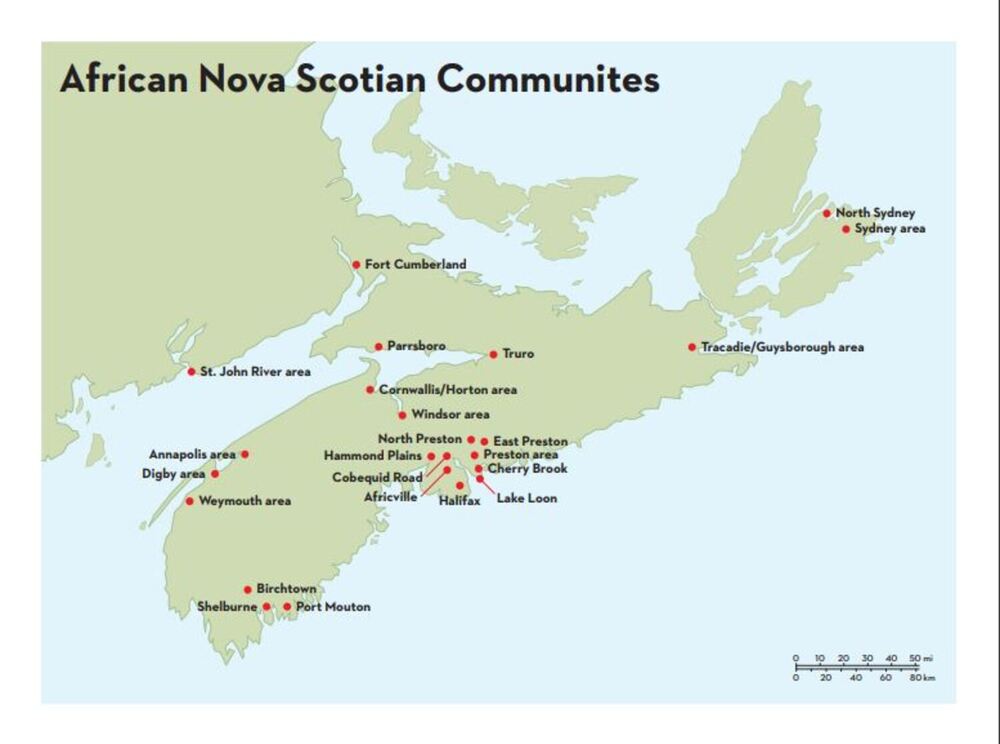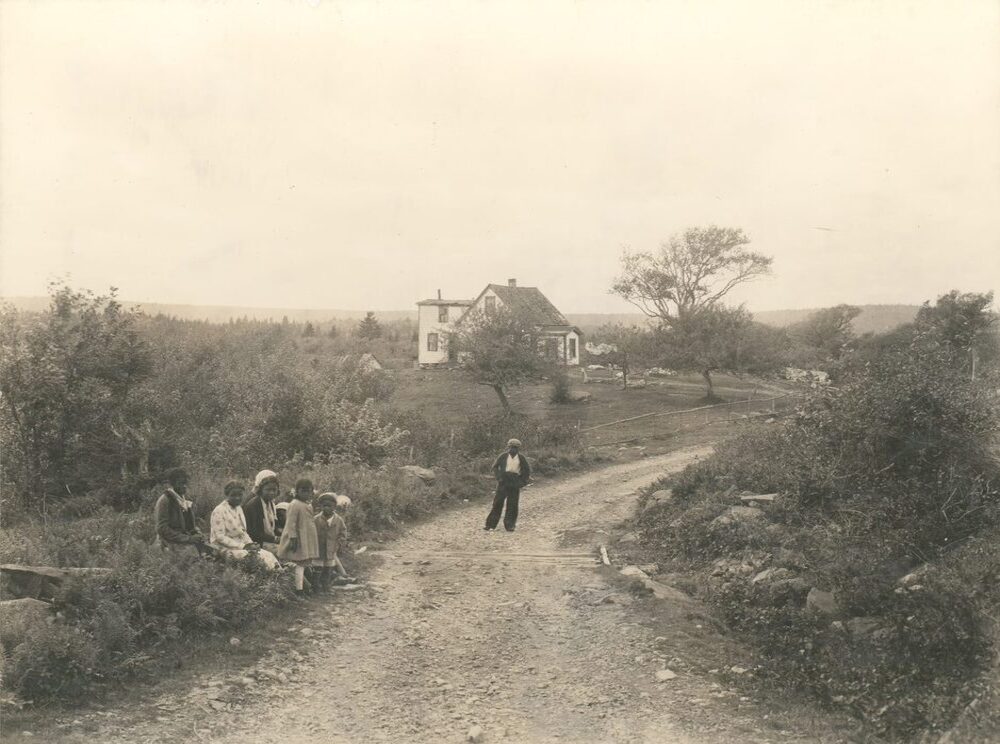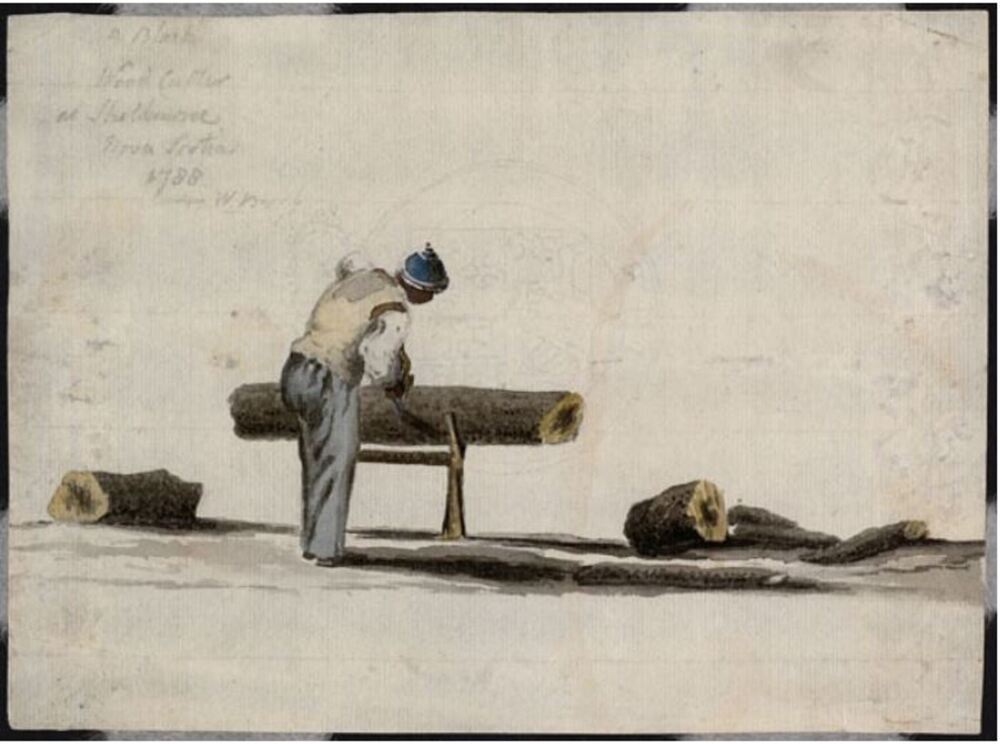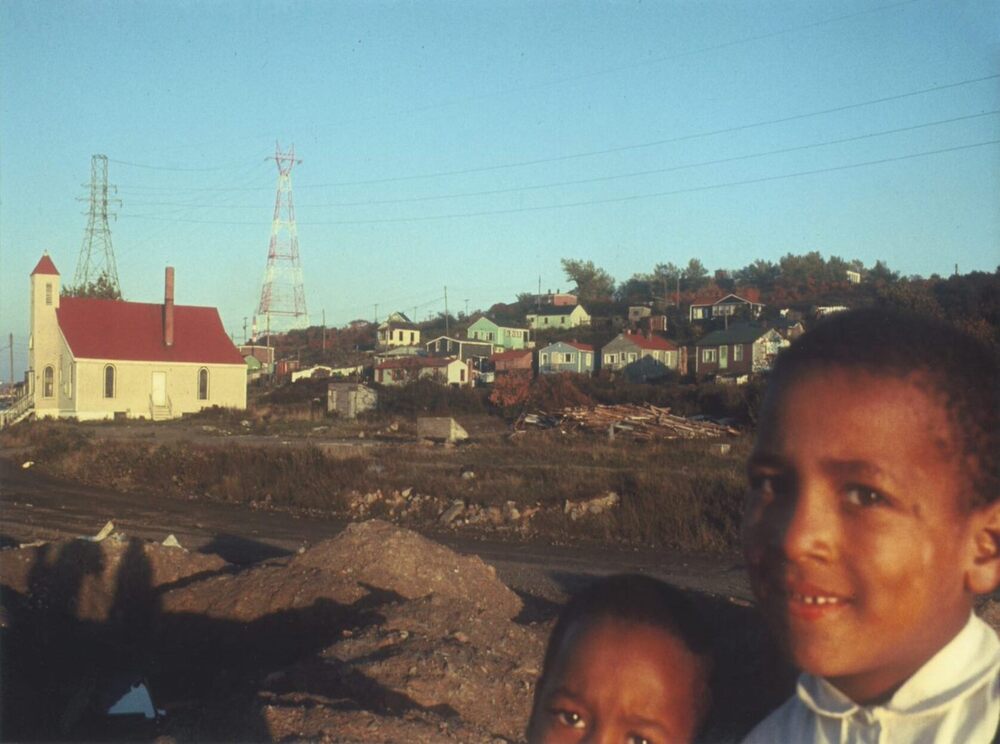
African Nova Scotian Communities
Black people have lived in established communities across Nova Scotia for hundreds of years, and many of the 52 historically Black settlements still exist. The first Black community was established at the Fortress of Louisbourg on Île-Royale (now Cape Breton) between 1713 and 1758. The fortress was home to approximately 381 enslaved individuals as well as those who had purchased their freedom. They held a variety of positions, working as household servants, gardeners, bakers, innkeepers, stonemasons, musicians, laundry workers, soldiers, sailors, fishermen, hospital workers, ferrymen, and nursemaids.
Today, many African Nova Scotians can also trace their ancestors to one or more groups of migrants:
- Black refugees escaping slavery in the southern American colonies.
- Black Loyalists who were promised freedom and land for supporting the British during the American War of Independence.
- Black refugees during the War of 1812
- Black Jamaicans (Maroons) who were deported from Jamaica, following an insurrection, and sent to Halifax to construct the city’s fortifications at the turn of the 19th century.
- Caribbean immigrants during the early 1900s, who came to Cape Breton to work in coal mines and steel mills.
These communities are rich in both culture and tradition. However, many also faced discrimination and hardship. The most notable example is the community of Africville. Situated on the outskirts of Halifax, Africville traces its history to the early 19th century. By the late 1940s, its 400 residents were living in poverty, and were without basic city services. By 1969, most of its residents had been forcibly removed and relocated, and Africville’s buildings were destroyed for “urban development.”
This topic explores African Nova Scotian communities. Click on the objects below to learn more.


